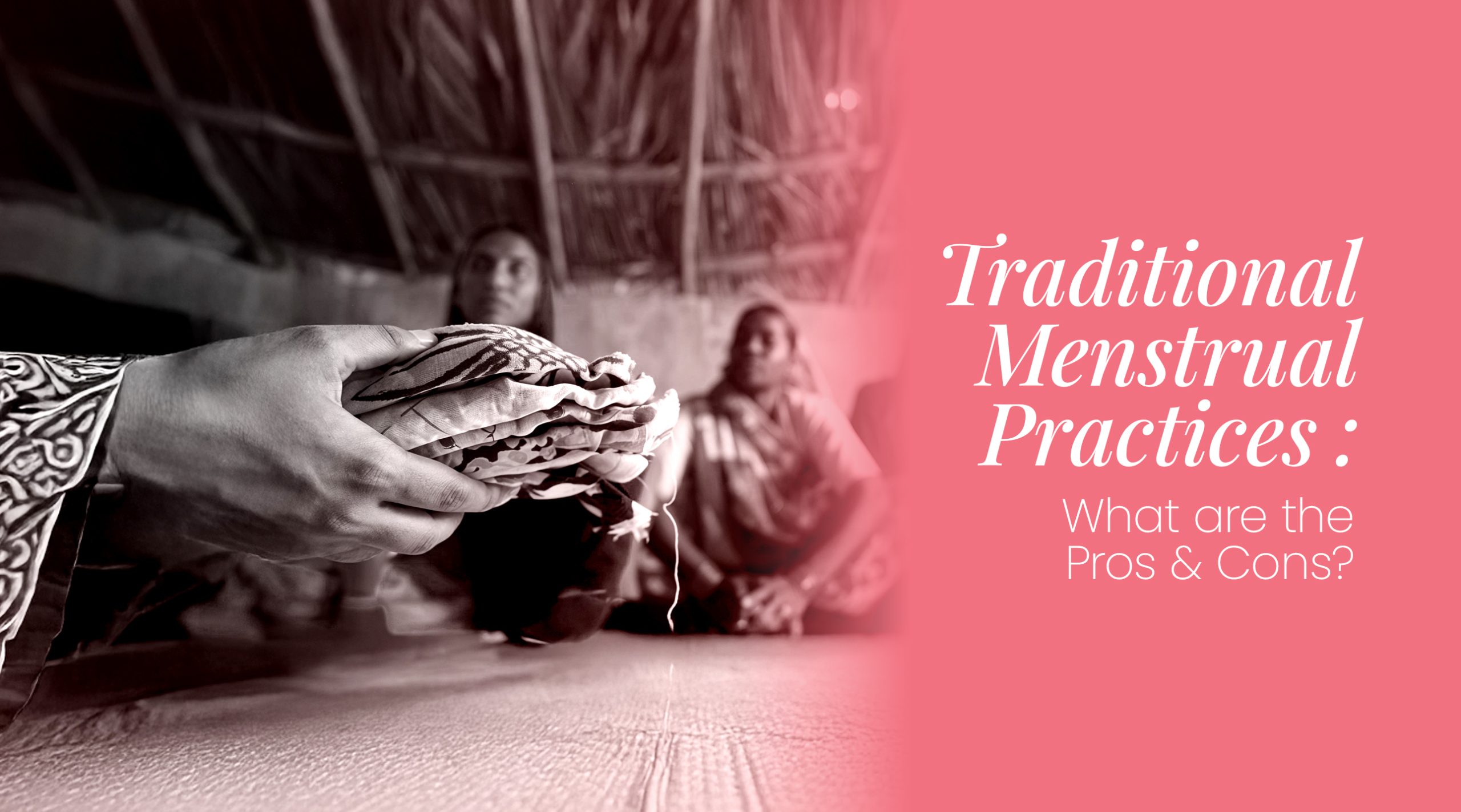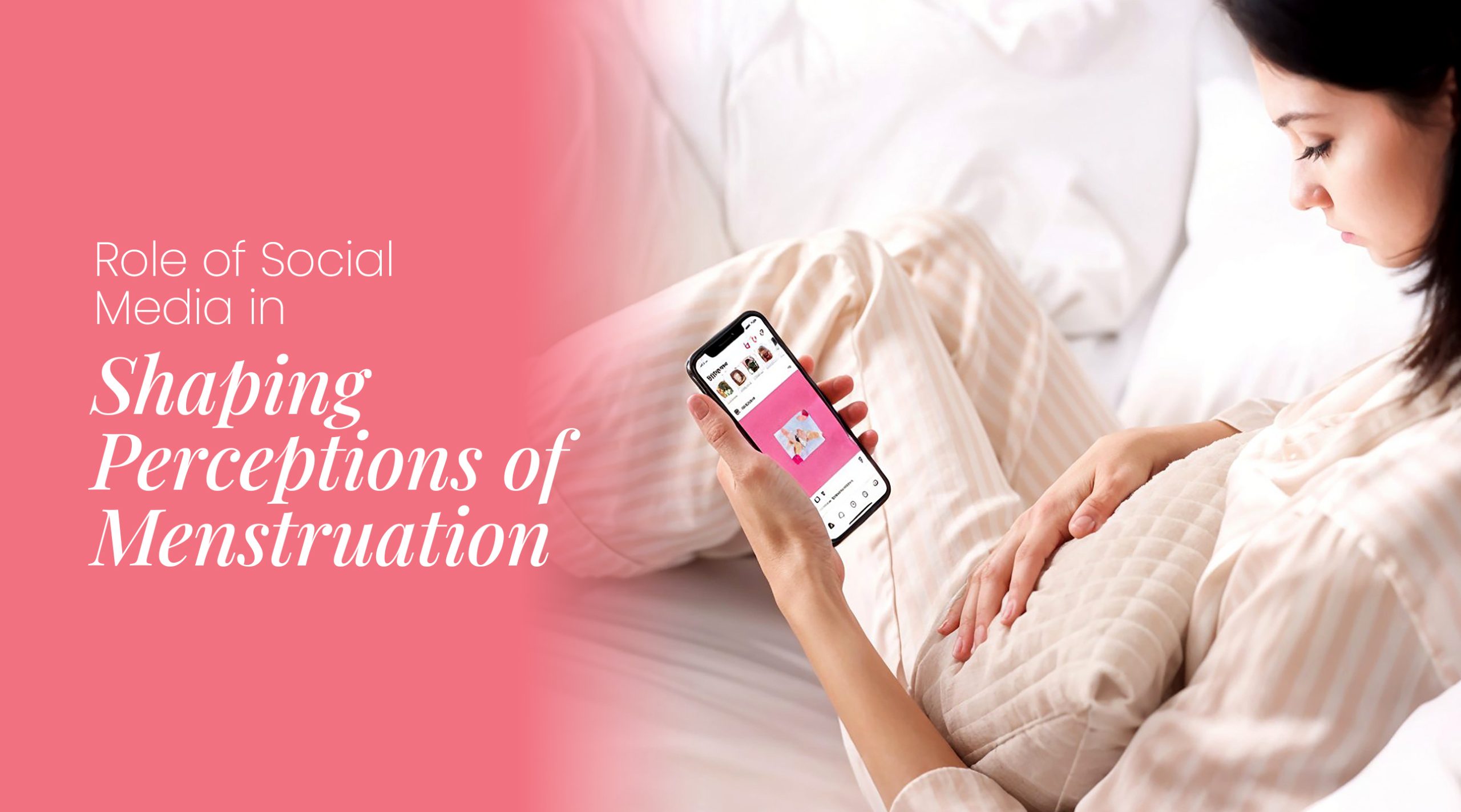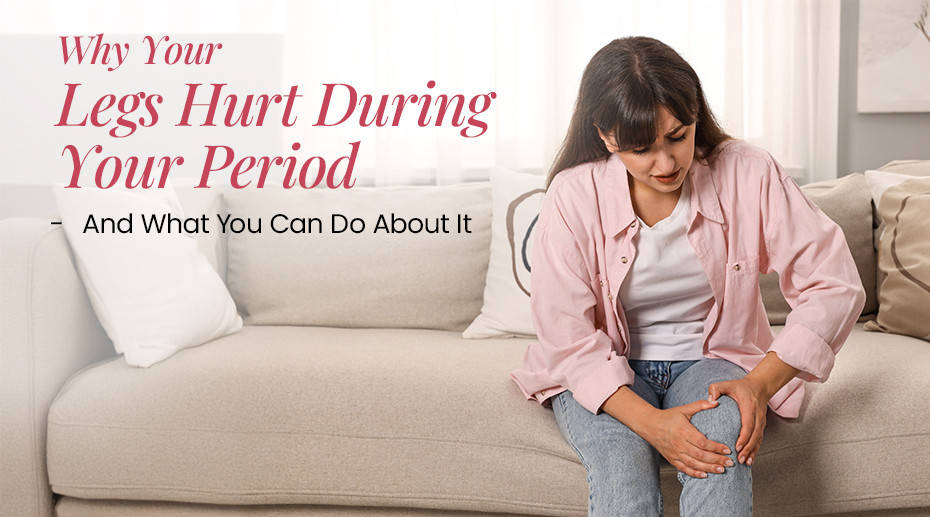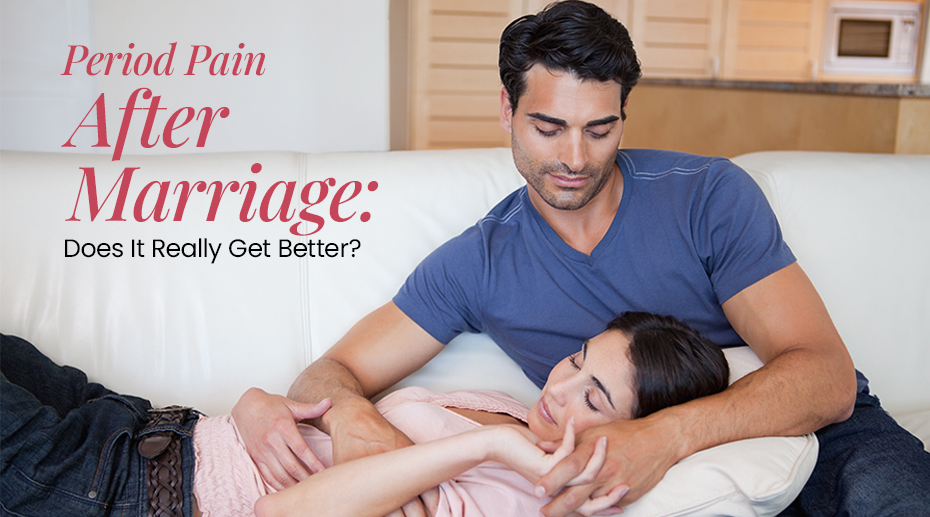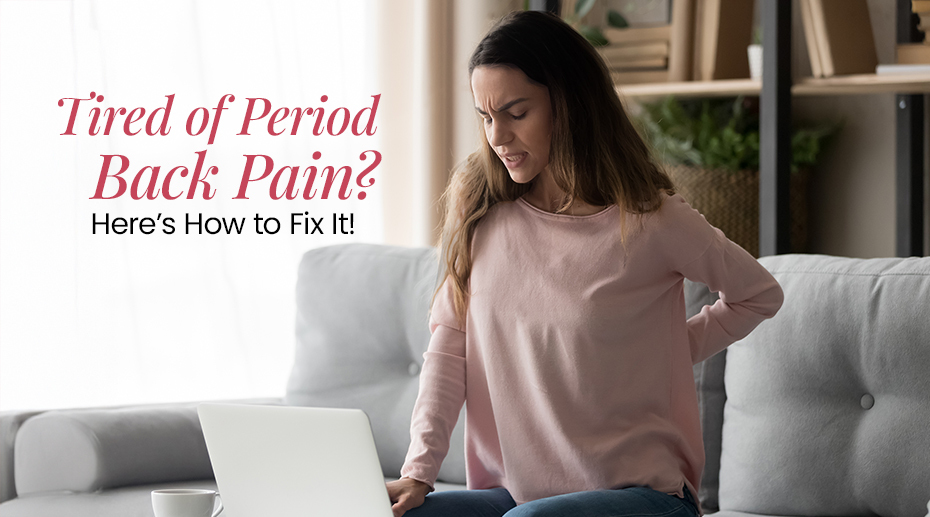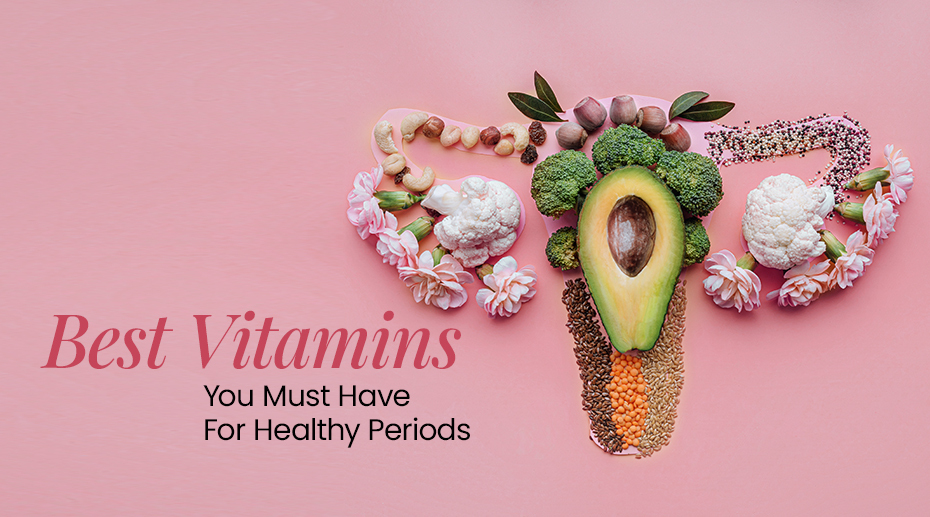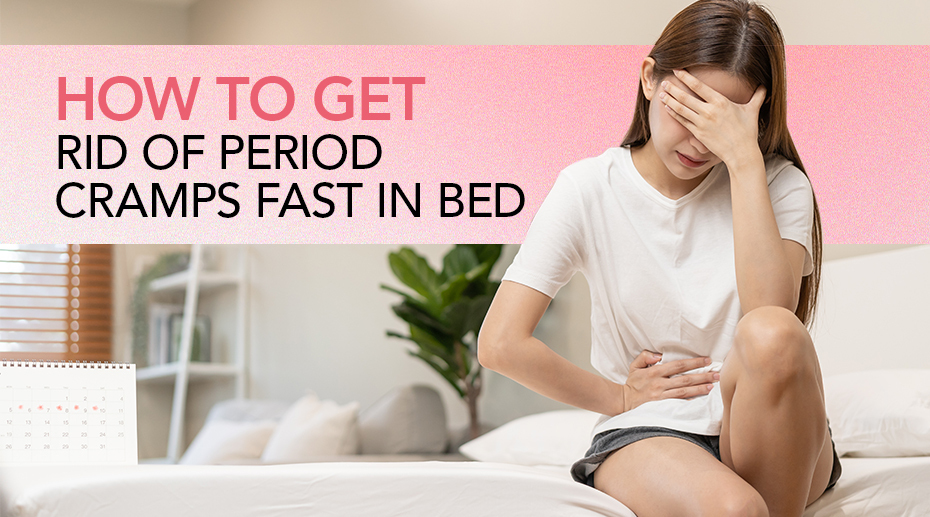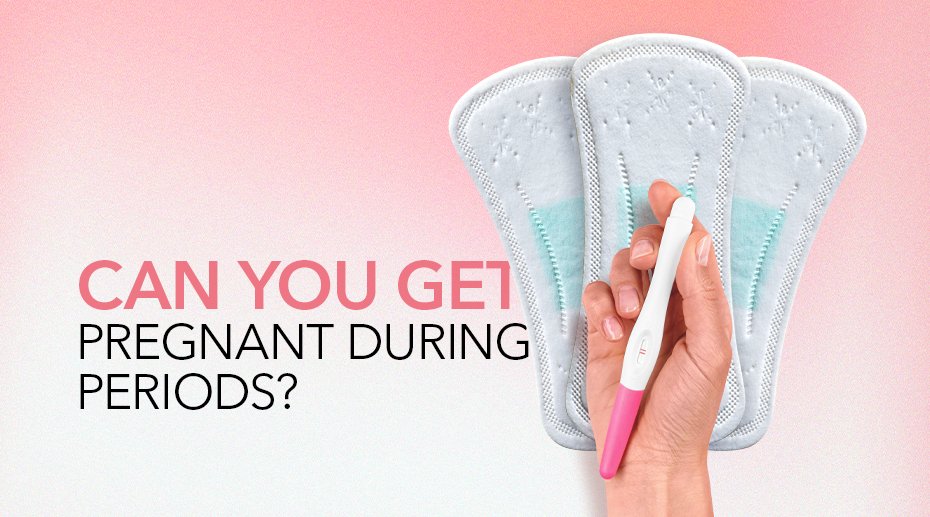
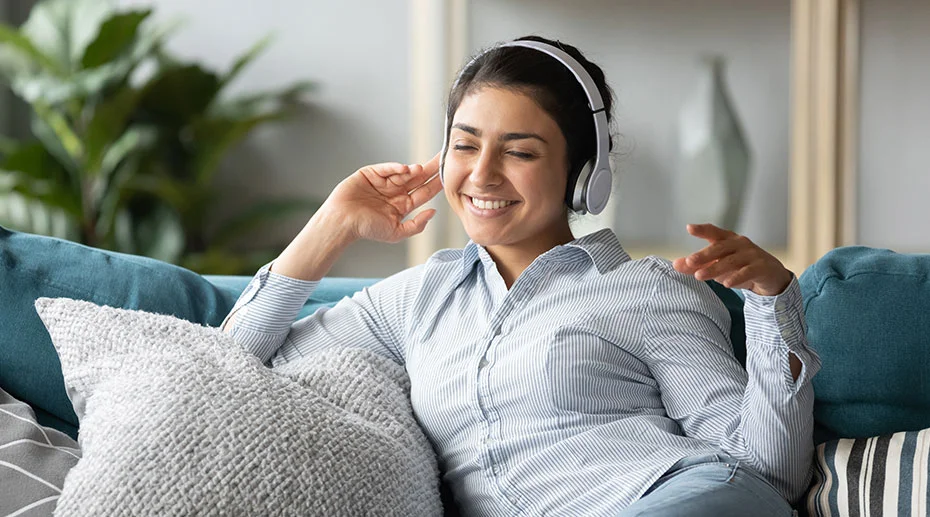
Menstrual pain and its effects on life
Search for memes on menstruation or memes on menstruation cramps on the internet. You can see how the pain and discomfort coming with menstruation is portrayed most entertainingly. But menstruation, in reality, is not that entertaining. Physical challenges like bleeding also bring mental challenges. Hormone levels change during menstruation. Use of general toilets at the educational institute or the place of work, fear of staining, and abnegation by society during menstruation affect women’s mental health.
‘Menstrual Health’ has become a very popular term in recent times which is a broad terminology for the overall well-being of women’s health during menstruation. Let’s understand it from the basics to realize the effects of menstruation.
In a country like India, where menstruation is considered taboo, menstrual health is far from the minds of most Indians. There are over 355 million menstruating girls and women in India. Most of the women menstruate each month for 2-7 days, and 80% of women experience pain for 2-3 days and yet, menstrual health is not considered a serious problem. It remains a low-priority subject in India, no thanks to taboos, misconceptions, misinformation, shame, lack of access to sanitation facilities and menstrual products.
According to UNICEF, ‘Menstruation is a natural fact of life and a monthly occurrence for the 1.8 billion girls, women, transgender men and non-binary persons of reproductive age.’
What is considered Menstrual Health?
Menstrual Health means the state of mental, physical and social well-being during the menstrual cycle. The feeling of shame and societal restrictions remain primary among women when it comes to talking about menstrual health.
Between the mute moments and shouty frustration, during those 5-7 days of periods lies silent screams of pain. A natural course that occurs by itself every month is considered to be a curse by most of the women due to society’s opinion about menstruation being unholy and impure. Women choose not to talk about it. Why?
- Fear
- Embarrassment
- Social Exclusion
Our research for Welme – our wearable menstrual pain relief device, has brought some thought-provoking results. We are sharing them here for better understanding.
- 64% of women spend no money on menstrual pain relief products.
- 41% use traditional remedies to get relief from pain
The digits show that even though women experience pain, they do not do anything or anything significant about it. They think the pain that comes with it is a normal thing and as menstruation is a part of their life, they have to bear it.
- 68% of women have severe period-related symptoms such as cramps, tiredness and bloating
- 29% of women reported severe pain during menstruation
- 54% of women reported medium pain during menstruation
- 23% of women experience back pain
- 26% of women experience stomach pain
Other than the above pains, other physical and mental effects of menstruation on women are:
- Abdominal cramps
- Fatigue
- Nausea
- Feeling faintness
- Headaches
- Emotional breakdown
- Feeling of sadness, irritability and anger due to change in hormones
What happens when period pain is in its full swing?
- For 10 out of 100 women, the pain is so bad that they’re unable to carry out their daily activities
- 34% of women are unable to focus on daily activities
- 54% of women are distracted from regular work
- 30% of women hated periods to such an extent that they wished it was never there
Two reasons for low-rate of women in sports:
- Menstrual disorders
- Hesitate to participate during menstrual periods
Period pain is not a life-threatening problem, but it disrupts daily activities in a great way. Managing period pain is now easy with Welme – our wearable menstrual pain relief device. It sends mild and regulated electrical impulses from the skin surface to the nerve endings and blocks pain signals reaching the brain. Welme manages to release endorphins which are pain-killing hormones to give instant pain relief from menstrual pain. Other than Welme, what else can be done? Eat right.
- Eat green leafy vegetables like spinach
- Consume water-rich fruits and veggies like cucumber, watermelon, etc. Fruits will also satiate the craving for sugary food and drinks
- Avoid sugary juices and instead, have plenty of water
- Ginger tea might help soothe your senses and muscles while reducing the feeling of nausea and vomiting
- Fish is a good option for non-vegetarians to reduce inflammation and ease pain
- Omega-rich foods like walnuts, flaxseeds, chia seeds and soybean oil can also help to reduce mood swings
What to avoid during the menstrual period?
- Highly processed food
- Foods with high sugar content
- Baked food like white bread, pasta, etc.
- Alcohol
- Foods that cause gas
The stress of menstruation can be managed with meditation and yoga, but the pain that keeps coming back can only be treated with an effective, scientifically-backed and safe technological solution like Welme.


